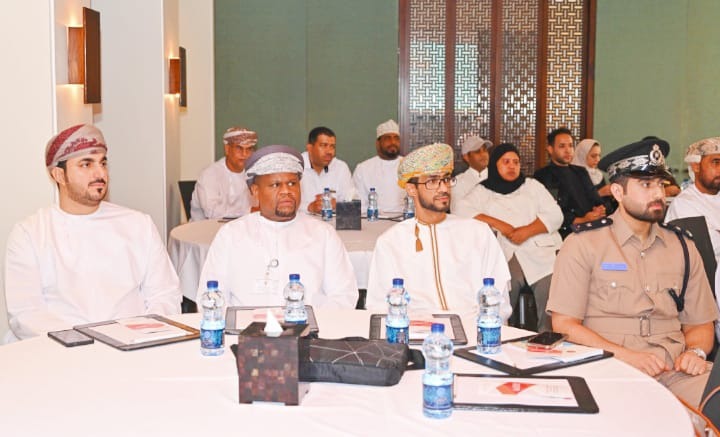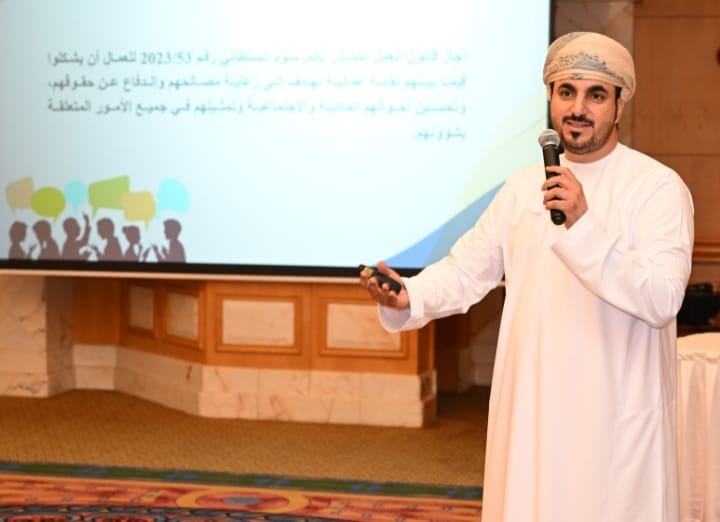Muscat – As part of its ongoing efforts to enhance the protection of human rights and preserve human dignity, and guided by the principles of national legislation and relevant international agreements, the GFOW held a programme entitled ‘Mechanisms for Reducing Human Trafficking Crimes in Tourism Facilities’.
Organised in cooperation with the National Committee to Combat Human Trafficking, the Ministry of Heritage and Tourism, and the general syndicate of the tourism sector, the initiative reflects a growing institutional commitment to tackling human trafficking through awareness, education, and inter-agency collaboration.
The programme targeted a number of tourism establishments, engaging both employees and employer representatives. It aimed to enhance awareness about the signs of human trafficking, offer preventative tools, and provide participants with legal mechanisms to monitor and respond to suspicious practices—all within the framework of national legislation and international human rights standards.
Participants engaged in constructive dialogue, exchanged experiences, and were trained on how to report suspected cases through official channels. The program emphasized the importance of ensuring a safe and fair work environment for both tourism workers and visitors.
Speaking on the occasion, Jassim bin Hamoud bin Hamad Al Malki, Director General of the General Federation of Oman Workers and a member of the National Committee to Combat Human Trafficking, highlighted Oman’s legislative commitment to protecting workers’ rights.
“The legislation in the Sultanate of Oman has been keen to protect the basic rights of workers, especially those related to the freedom to choose work, not obligating workers to work, protecting wages from unjustified deductions, regulating the maximum daily and weekly working hours, and the worker’s right to access justice. However, recent international reports indicate the growing phenomenon of labour exploitation, which has become a threat to all societies, taking on new forms of exploitation of victims,” he stated.
He noted that forced labour, often carried out under threat or coercion, is a form of human trafficking that restricts individuals’ freedoms and exploits them for illicit gains. Trade unions, he added, play a pivotal role in monitoring labour practices, advising workers, submitting complaints on their behalf, and supporting national efforts through awareness and data gathering.
“The General Federation is committed to enhancing the role of trade unions as the first line of defence against forced labour and all forms of human trafficking,” Al Malki added.

Read More
- 39 Asian nationals arrested in Khasab and Bukha wilayats for illegal entry into Oman
- Oman bans import of live birds from Portugal’s Santarém and certain livestock from Egypt’s Beheira over health concerns
- Oman amends Foreign Investment Law, mandates hiring of Omanis and Social protection registration
- Cyclone Shakti enters weakening phase; Oman coast braces for rain, high waves until Tuesday
- GCC set to launch unified tourist visa by Q4 2025, enabling seamless gulf travel







